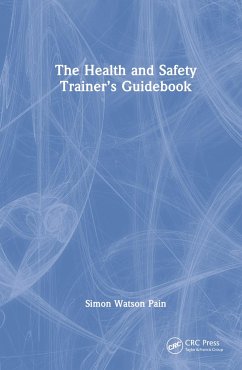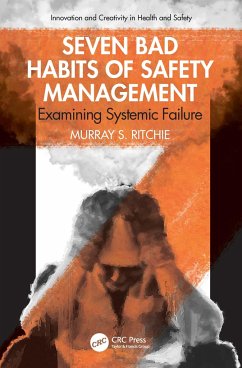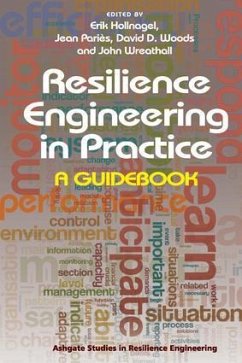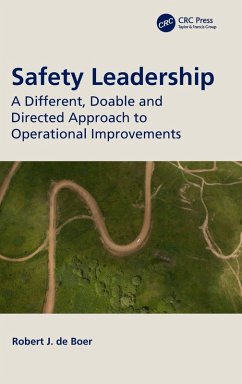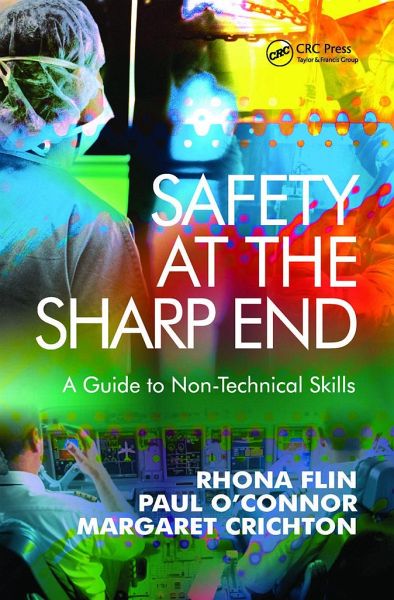
Safety at the Sharp End
A Guide to Non-Technical Skills
Versandkostenfrei!
Versandfertig in über 4 Wochen
185,99 €
inkl. MwSt.
Weitere Ausgaben:

PAYBACK Punkte
93 °P sammeln!
Safety at the Sharp End is a general guide to the theory and practice of non-technical skills for safety. It covers the identification, training and evaluation of non-technical skills and has been written for use by individuals who are studying or training these skills on CRM and other safety or human factors courses. The material is also suitable for undergraduate and post-experience students studying human factors or industrial safety programmes.






